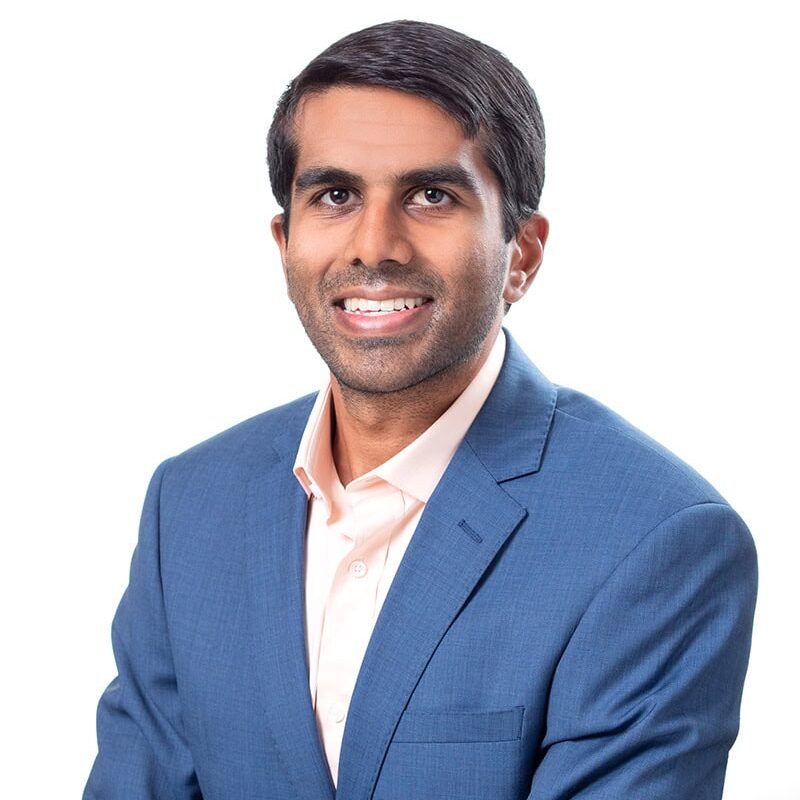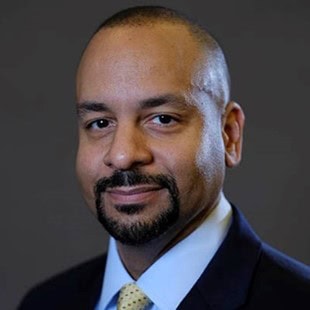Q: Can you summarize your poster, “National Sex and Gender Education Initiative: a student-led model of medical education, mentorship, and advocacy”?
A: The National Student Sex and Gender Education Initiative is an interdisciplinary student-led project supported by the Sex and Gender Health Collaborative (SGHC) of the American Medical Women’s Association (AMWA). The Mentorship subcommittee of the SGHC works to bridge the gap in medical school curricula, which often lack the women’s and LGBT health lens. Despite mounting evidence that sex and gender influence health and disease, a prior national student survey found that 70% of medical schools lacked formal sex and gender-based curricula even though 94% of students agreed that it would improve patient care and should be included. Focusing on sex and gender-based medicine (SGBM), this initiative aims to create and disseminate publicly available evidence-based educational resources on sex and gender differences in over 50 acute and chronic medical conditions. These resources will expand awareness and deepen understanding of SGBM for trainees and practicing clinicians, prompting the consideration of sex and gender in disease prevention, presentation, diagnosis, progression, and treatment. This initiative recruited pre-medical and medical students from AMWA’s network of over 8000 national and international students and placed them into teams. Each team researched a different medical condition or topic and was paired with a physician expert. Students were then tasked with developing a fact sheet highlighting the sex and gender differences for their topic. Students also had the opportunity to assume leadership roles within student subcommittees and develop their research skills by conducting comprehensive literature reviews on their topic and presenting their work at local and national medical conferences.
Q: What are the next steps for this initiative?
A: The initiative aims to raise awareness and influence comprehensive sex and gender-based curricula at all U.S. medical schools over the next three years. We are currently in the process of finalizing and publishing the 2023 fact sheets. Then, we will develop the content into other forms of media, including short YouTube videos, lecture slide sets, and social media campaigns. We are concomitantly expanding our focus to include other marginalized communities, especially LGBTQ+ healthcare. We will provide more inclusive and comprehensive education in this space by developing educational content on topics such as inequity in healthcare access, gender-affirming care, hormone replacement therapy, screening exams, and medical topics most relevant to LGBTQ+ patients. Future aspirations include expanding the project to include disparities in the care of BIPOC and other marginalized populations.
Q: How did you become involved in the American Medical Women’s Association?
A: After hosting a local Stroke in Women event at my medical school, I wanted to continue developing educational events on women’s health on a larger scale because I felt that sex and gender-specific education is often under-discussed in medical curricula. I reached out to AMWA’s national student executive committee, suggesting the development of a national educational series highlighting sex and gender differences in acute and chronic medical conditions. I was elated when they loved the idea and offered to help organize and advertise the series to all AMWA chapters across the country. After working with AMWA on this series for a year, I ran for a national executive position as the Program Chair in the Medical Student Division. I am proudly serving my second consecutive year in this role. Through my work on the educational series, I was introduced to the Sex and Gender Health Collaborative and the National Sex and Gender Education Initiative, which they began developing. The mission of SGHC and the education initiative shared my goals for advancing medical education and advocating for women’s health care, so I was excited to join the initiative’s Leadership Committee and utilize my role as AMWA’s student Program Chair to help support the initiative’s efforts.
Q: The scope of the National Student Sex and Gender Education Initiative reaches 200 pre-medical and medical students nationwide. What is the value of student-led initiatives in transforming medical education?
A: Studies evaluating student-led initiatives point out that although students are rarely involved in institutional curriculum development, their position as a learner and trainee affords them a unique perspective to identify learning barriers and curriculum deficiencies, allowing them the ability to perceive the need and potential benefits of reform efforts. Student-led initiatives invite a fresh, firsthand perspective and promote student engagement in education and training while cultivating personal and professional development in diverse skill sets, such as leadership, advocacy, and interdisciplinary collaboration. As the next generation of physicians, students will be on the front lines of influencing change and transforming medical education. Allowing involvement in these activities early on and expanding the community of students and physicians dedicated to a field, such as sex and gender-based medicine, will encourage leadership and begin to effect lasting change in bedside care.
Q: Why have you decided to pursue a specialization in Internal Medicine?
A: I decided to pursue a specialization in internal medicine because I love the diversity and complexity of the field. I also have a lot of diverse interests and passions, including women’s health, oncology, and healthcare disparities. Internal medicine best encapsulates these interests and offers a unique opportunity to train within diverse fields and patient populations.
Q: Does Florida State offer funding for students attending a medical conference like SGIM’s 2023 Annual Meeting?
A: Yes, FSU has multiple avenues students can apply for funding for medical conferences, and I was grateful for their funding support to attend SGIM’s Southern Regional Conference and 2023 Annual Meeting this past year.
Frontliner
Job Position & Institution
Fourth Year Medical Student at Florida State University College of Medicine





